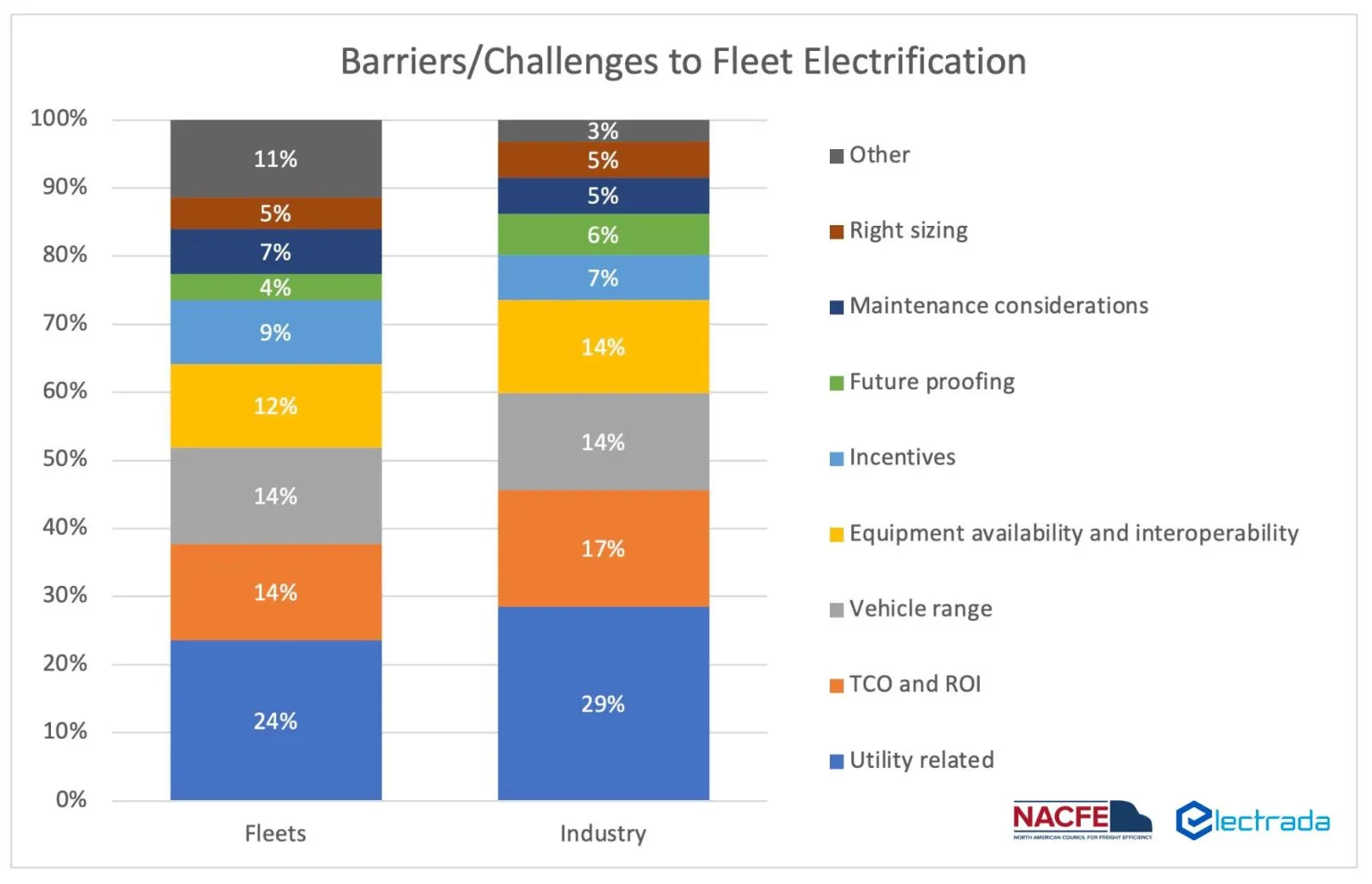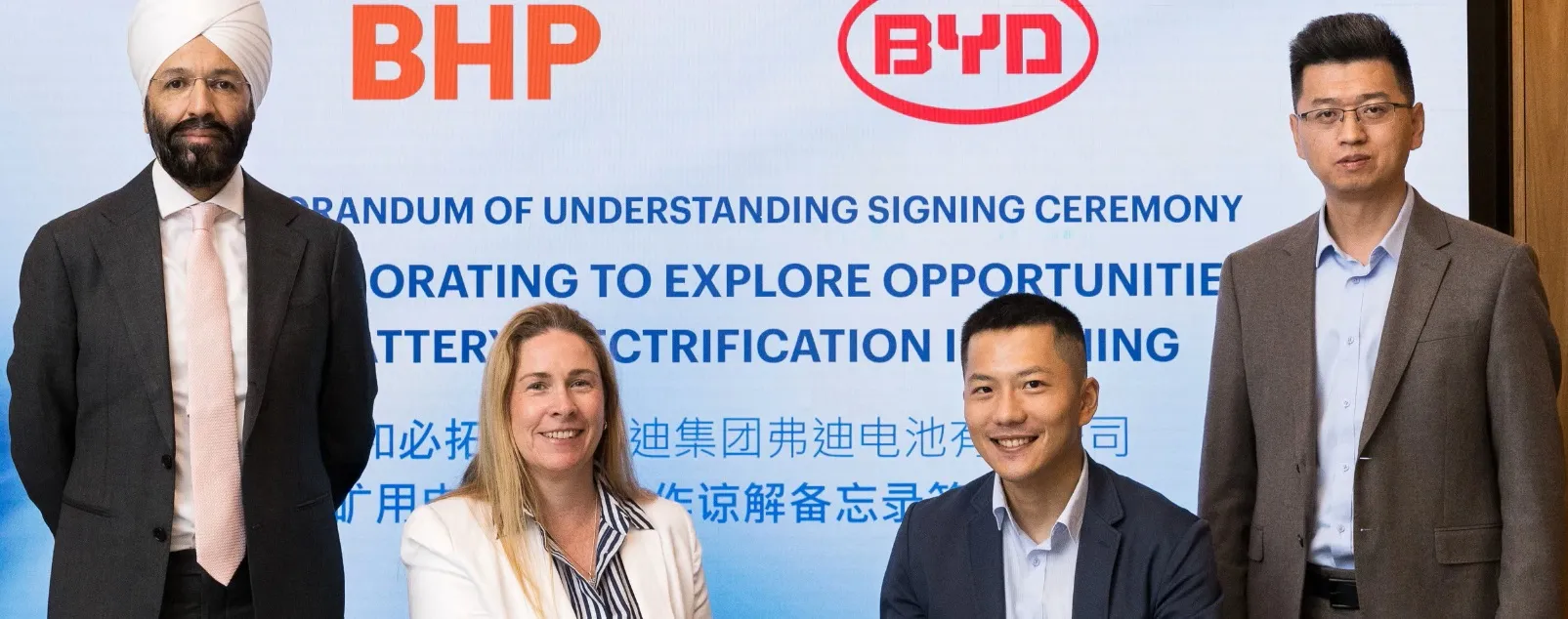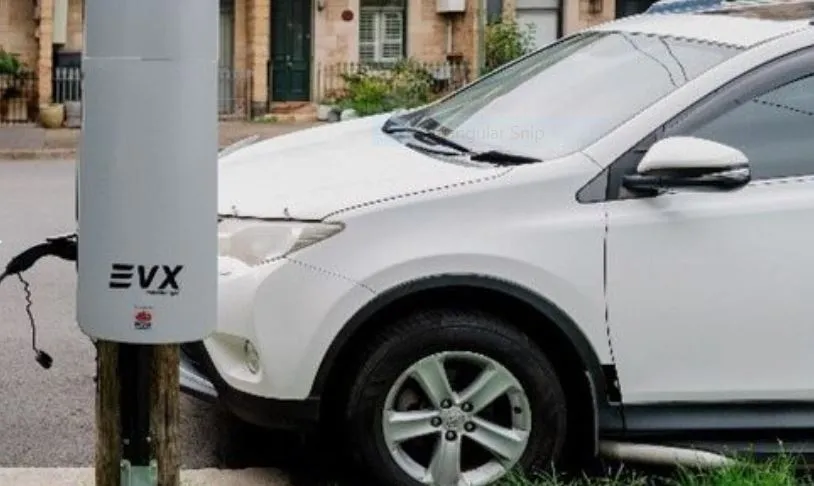
The report - 'Insights from Industry Leaders: Fleet Perspectives on Charging-as-a-Service - contains findings from a survey that gathered insights about fleet behavior and preferences in undertaking fleet electrification.
Key findings in the survey include:
Fleets still consider working with utilities a major challenge.
Managing the ongoing operation of the charging infrastructure is one of the main reasons fleets work with a CaaS provider.
Operational effectiveness is most important to fleets when determining whether an electrification project is considered a success.
The survey was designed to provide information to NACFE, Charging-as-a-Service provider Electrada, and the industry at large about the biggest barriers to fleet electrification, how these barriers are rectified and fleet motivations for adopting these solutions, and how fleets define the success of BEV adoption. A total of 175 people responded to the survey including fleets, suppliers and consultants.
Kevin Kushman, CEO of Electrada, commented that “by combining Electrada’s hands-on experience in delivering total energy solutions with NACFE’s robust industry analysis, we’re helping to simplify and accelerate the path to fleet electrification at scale.”
“NACFE is always looking for opportunities to gain and share insights about the industry and with the continued growth of fleet electrification, fleets are looking for tools and strategies to make implementation as easy as possible,” says Rachel Ellenberger, industry engagement manager for NACFE. “We’re excited to partner with Electrada on this collaboration report because we knew we would gather great information together and could share it with an even wider audience.”
Other findings include the fact that 33% of fleets that have already implemented an electrification program indicated that they had not hired an outside service company to assist with the project, preferring to learn on their own. However, 38% said they used a CaaS or managed charging provider during the electrification process.
“The findings from this survey are consistent with what we learned in Run on Less – Electric DEPOT,” says Mike Roeth, NACFE’s executive director. “To successfully electrify, fleets need an understanding of the entire ecosystem, which includes utilities and charging equipment. Unfamiliarity with these entities can be a barrier to electrification. CaaS may be one way to eliminate that barrier.”








